Enjoy our second edition of our camp life photo series, in which the Westies travel across Rockies and back again!
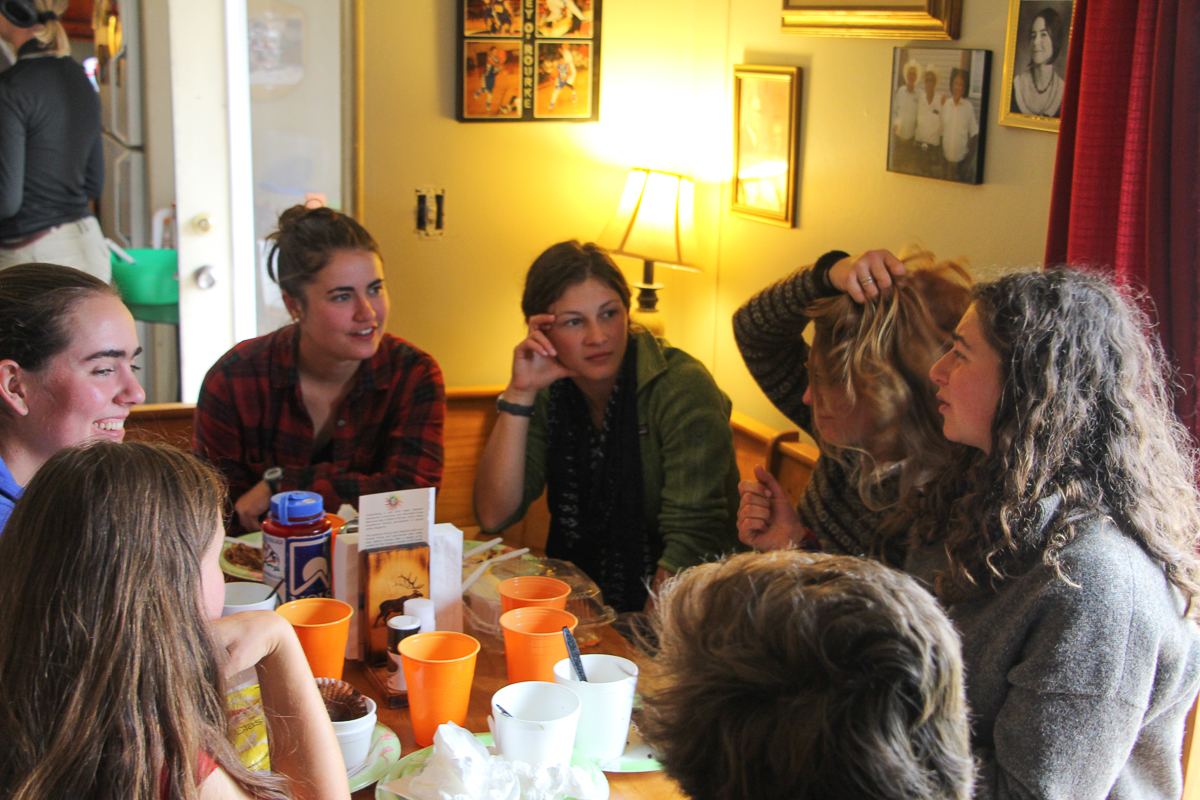
Enjoying lunch at Bette's Café
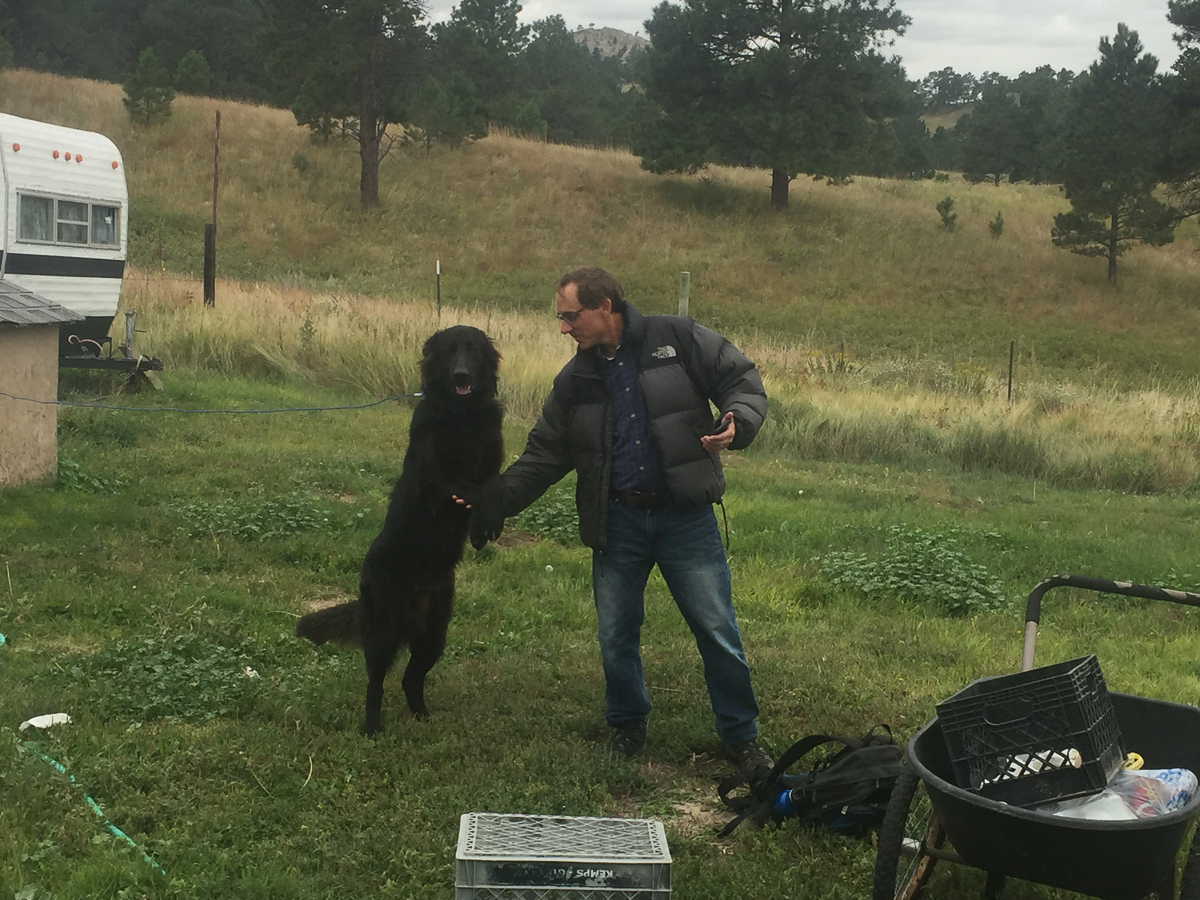
Todd Wilkinson, the author, shares a bow with Sapa, the dog

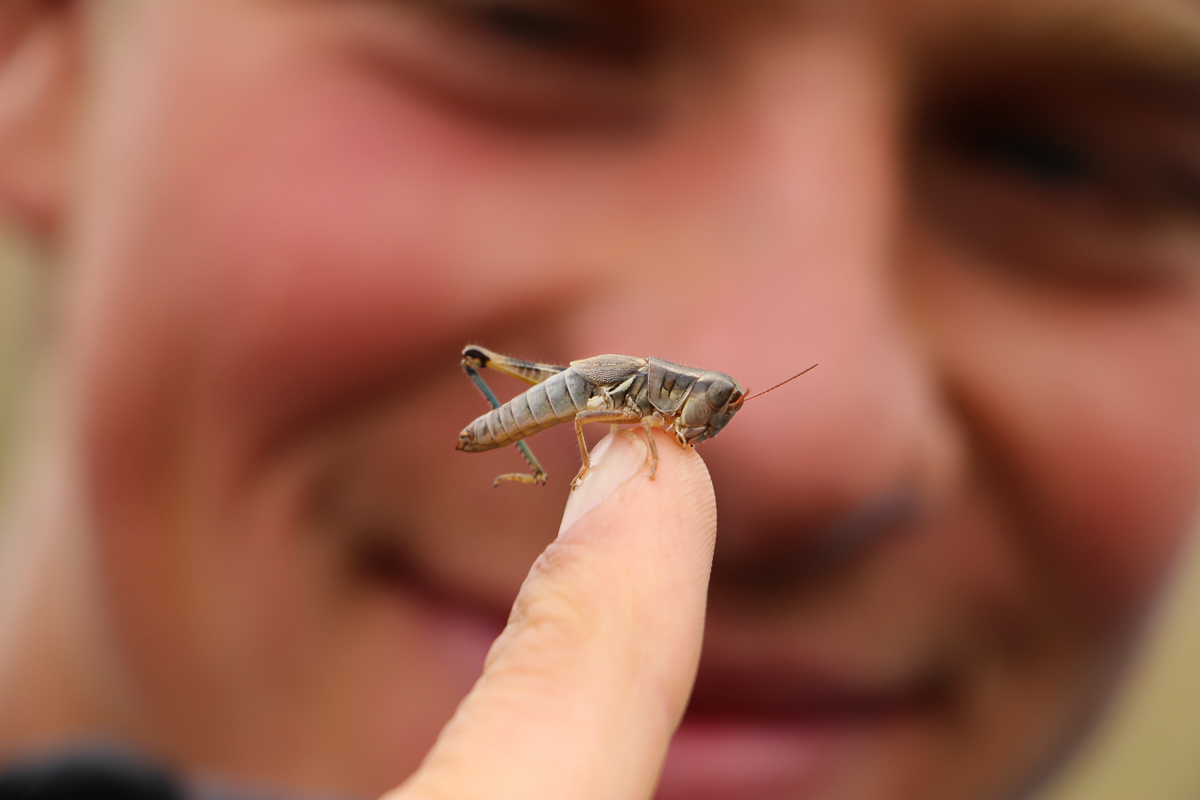
Thomas finds a friend
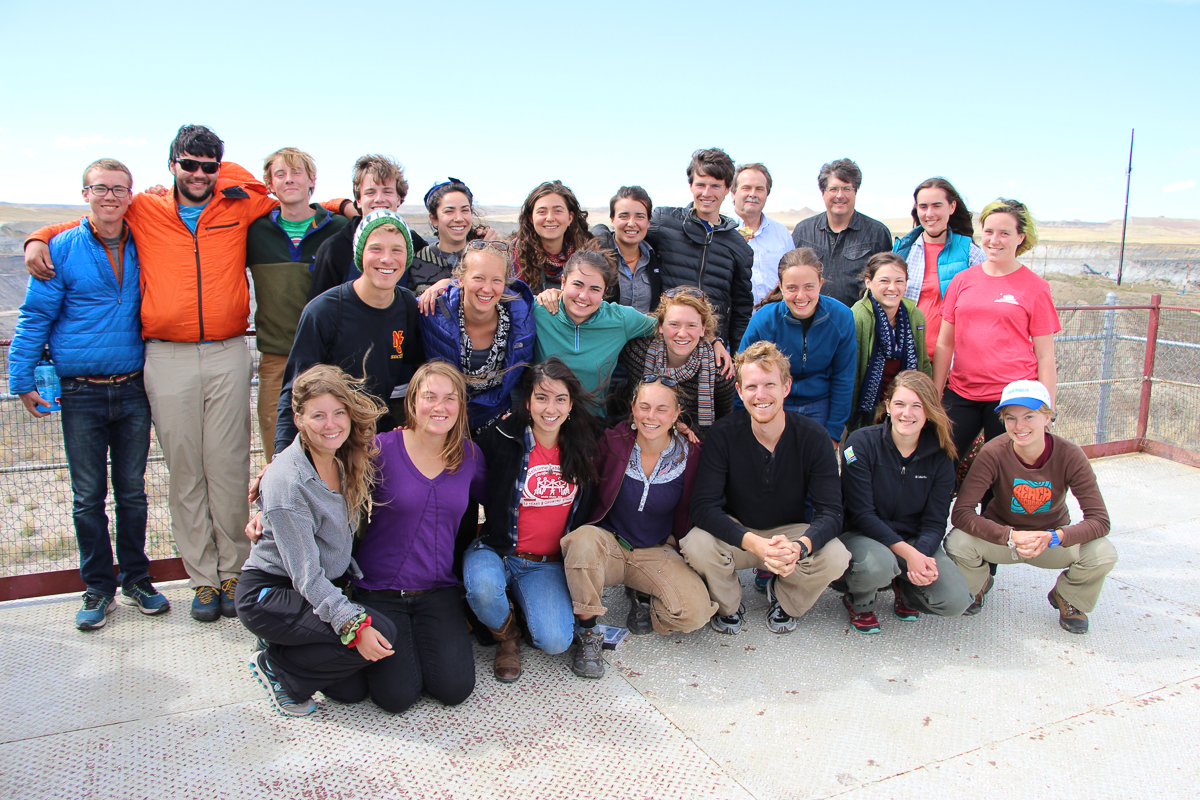
Westies at the Eagle Butte coal mine

"Tire-d" after a long travel day
Photo credit: Willa Johnson
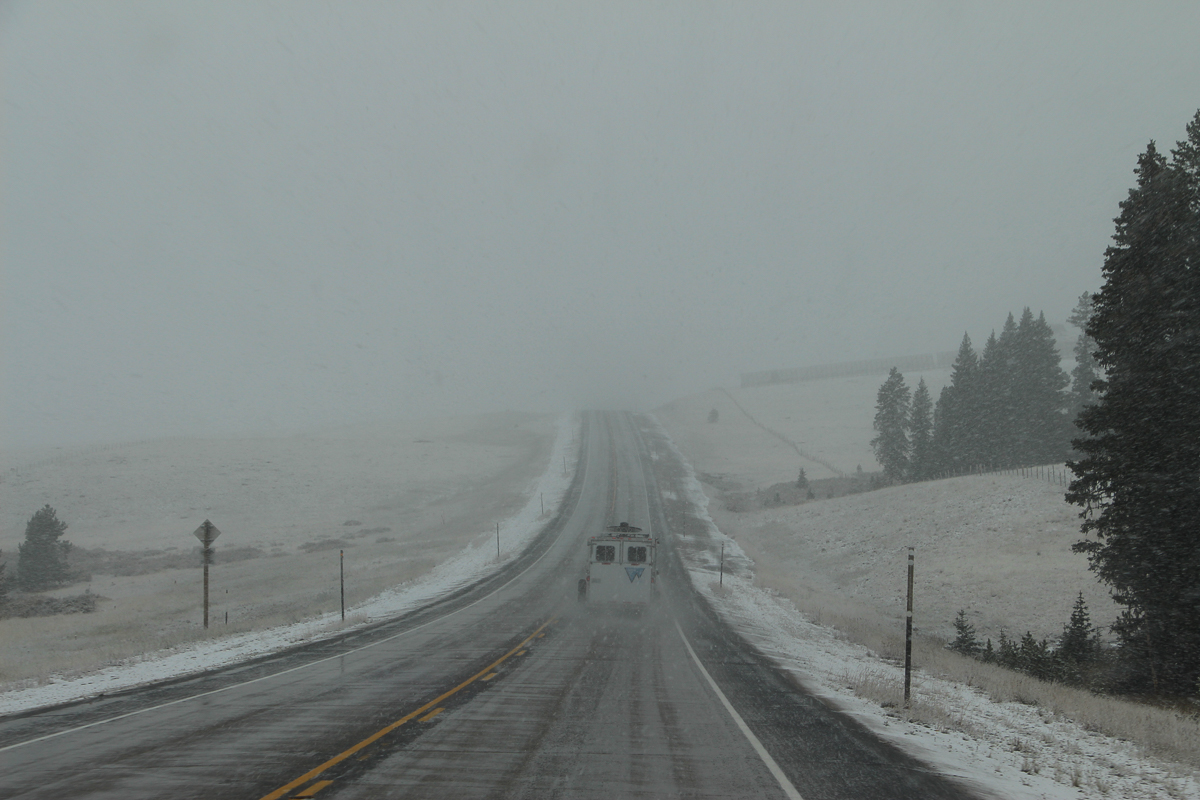
Snow over the Bighorn Mountains
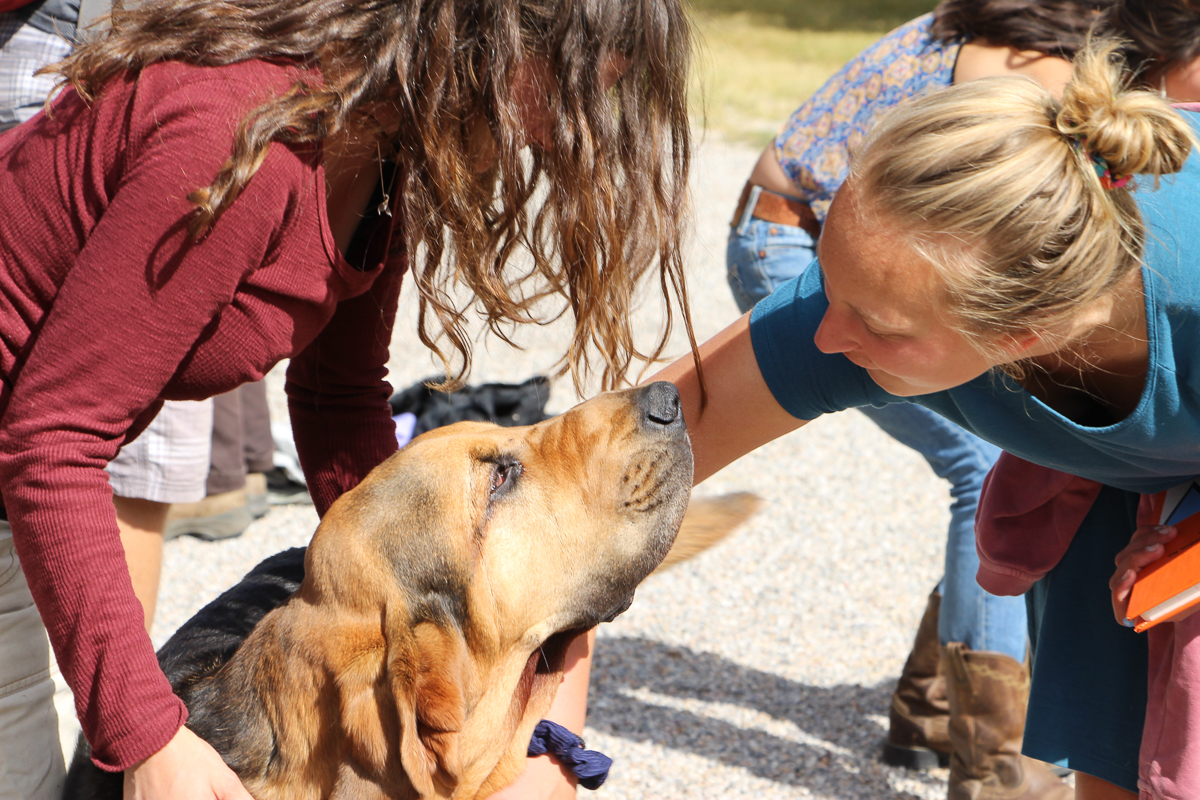
Signe and Rachel commune with Brad Meade's bloodhound

Zen to aspire to
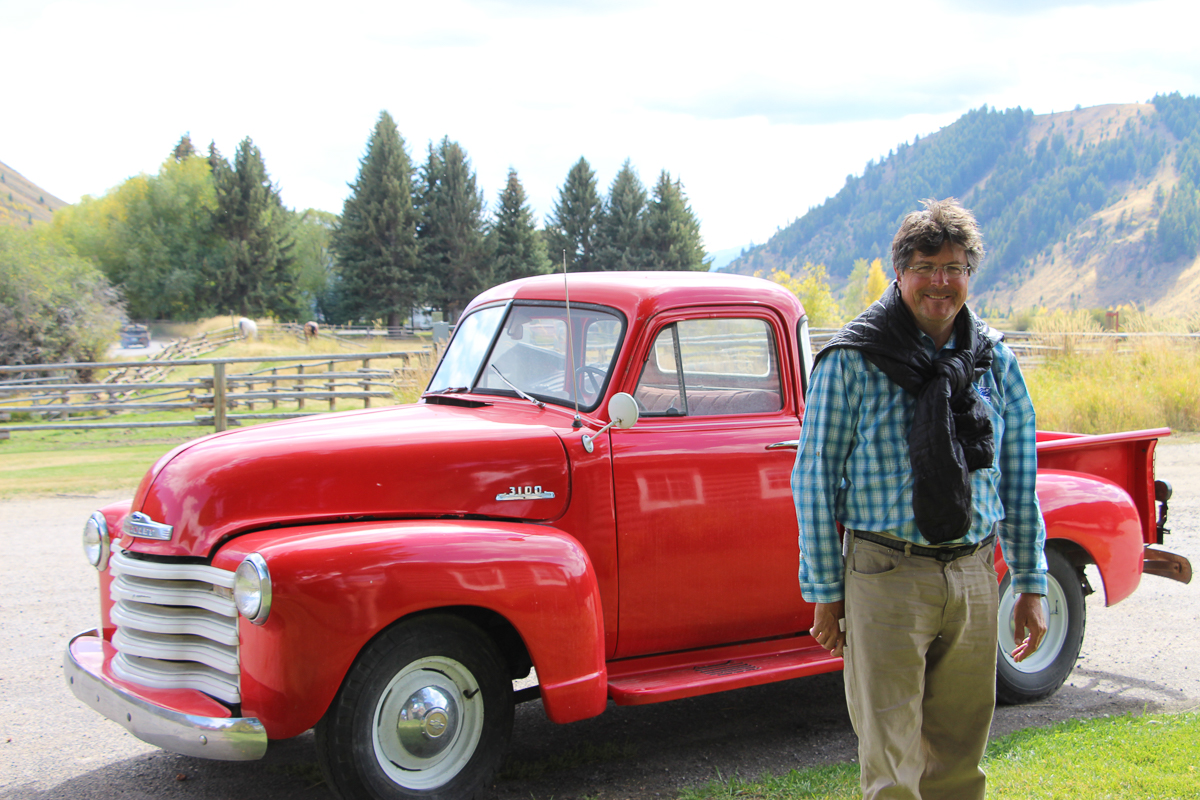
Photo credit: Griffin Cronk
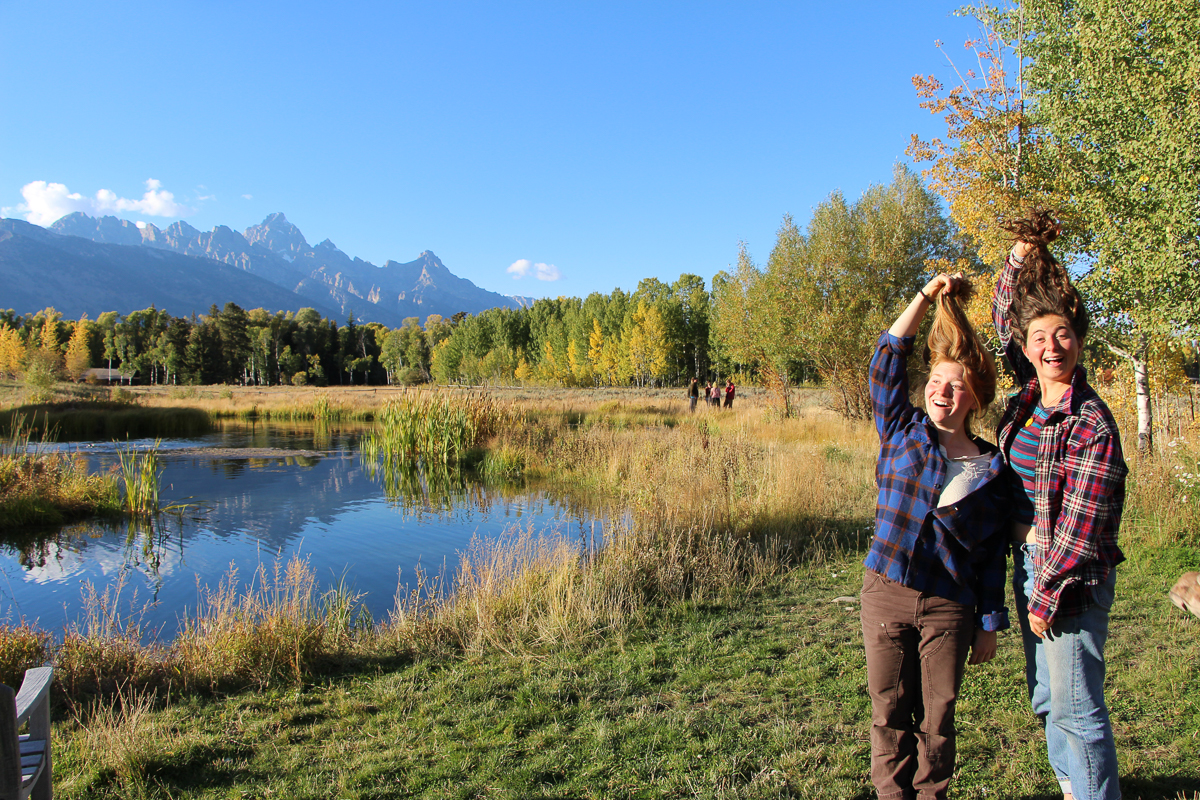
Hair like the Tetons

Sophie loves her Field Manager

Tech Manager playing Field Manager

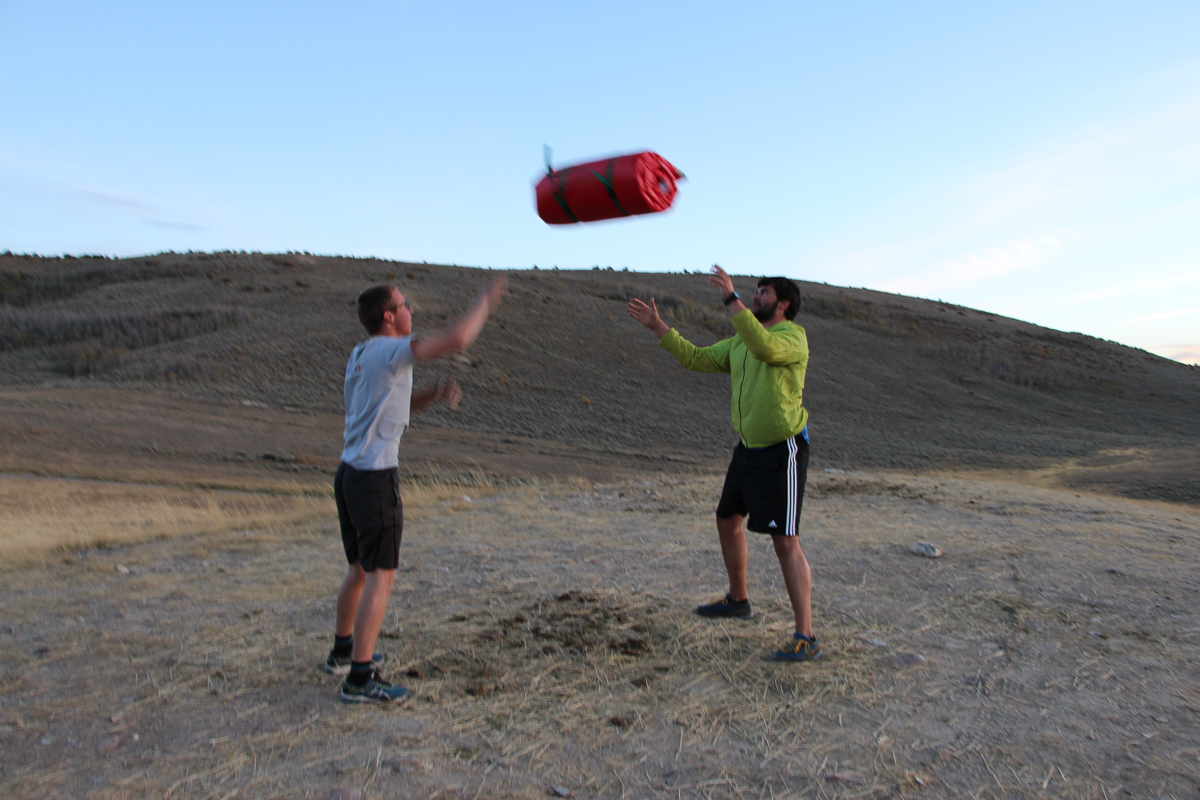
Taking trailer unloading to the next level

Photos are always welcome in the trailer
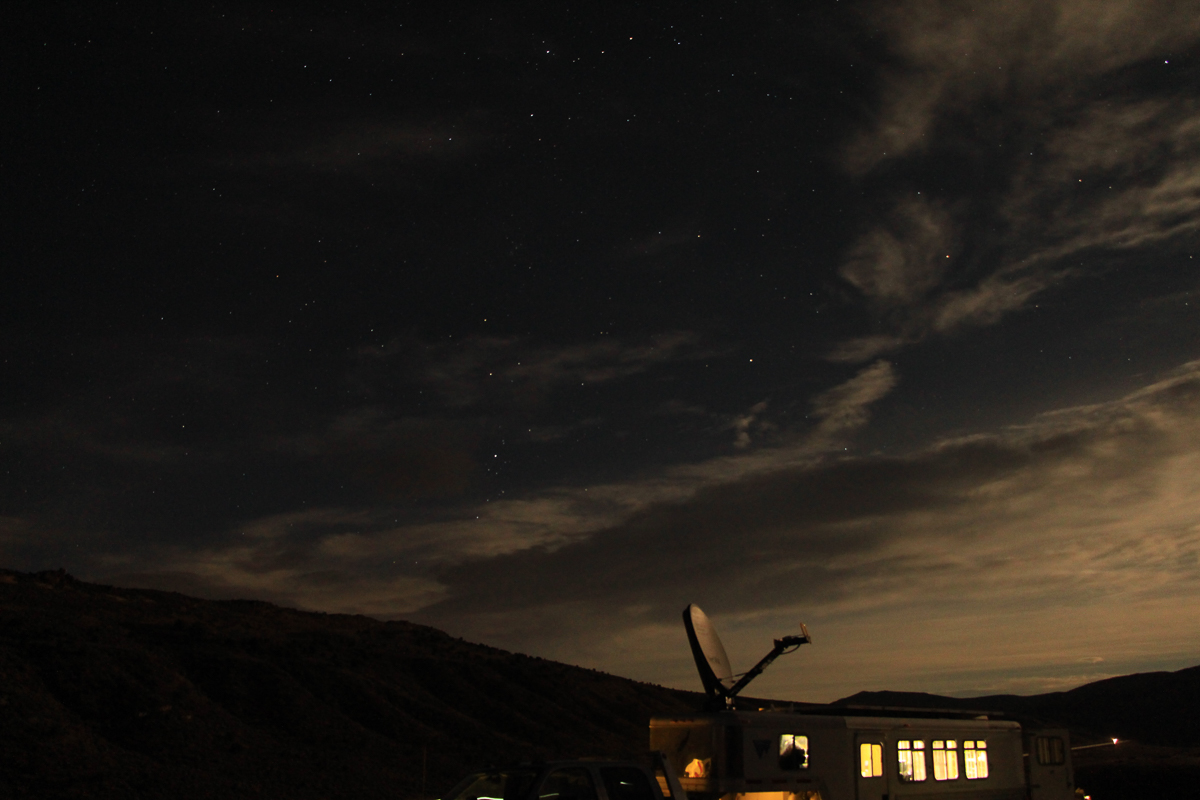
The trailer at night
Photo Credit: Evan Romasco-Kelly
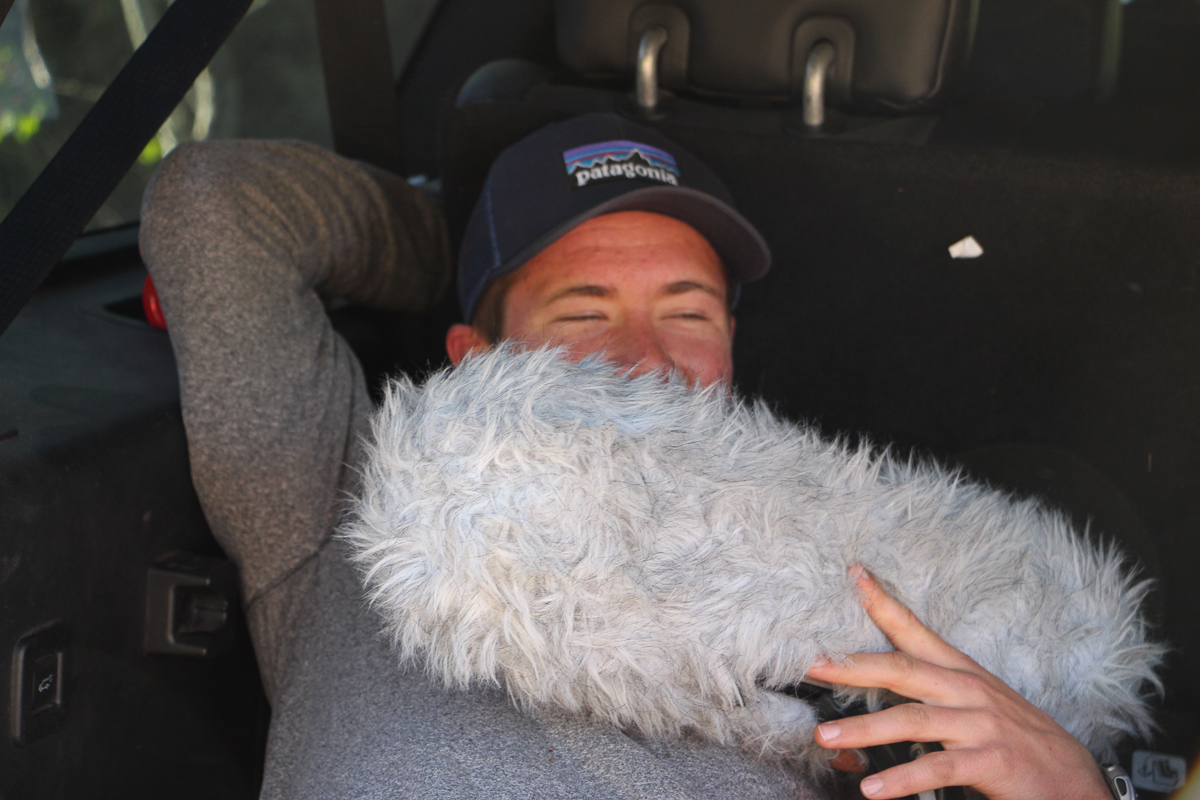
Griffin spends quality time with the microphone
Photo credit: Willa Johnson
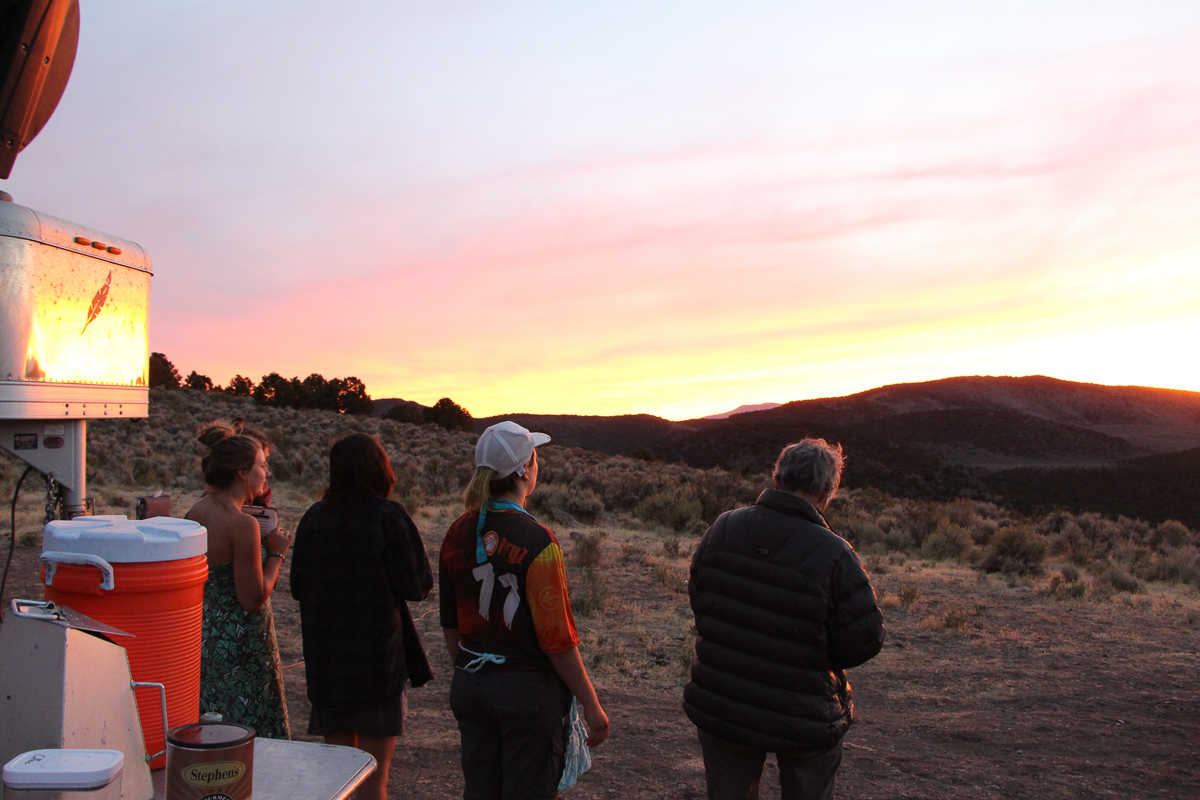
Sunset on Monroe Mountain
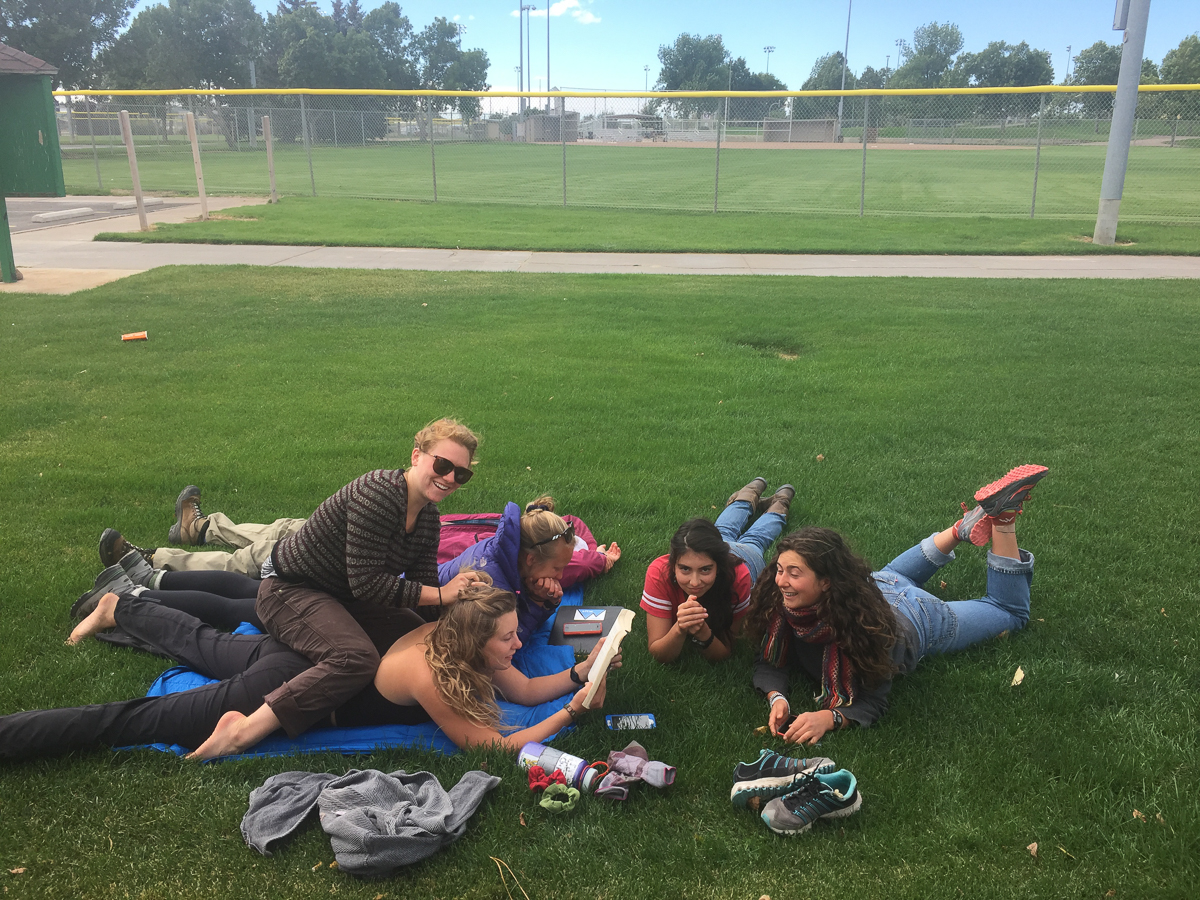
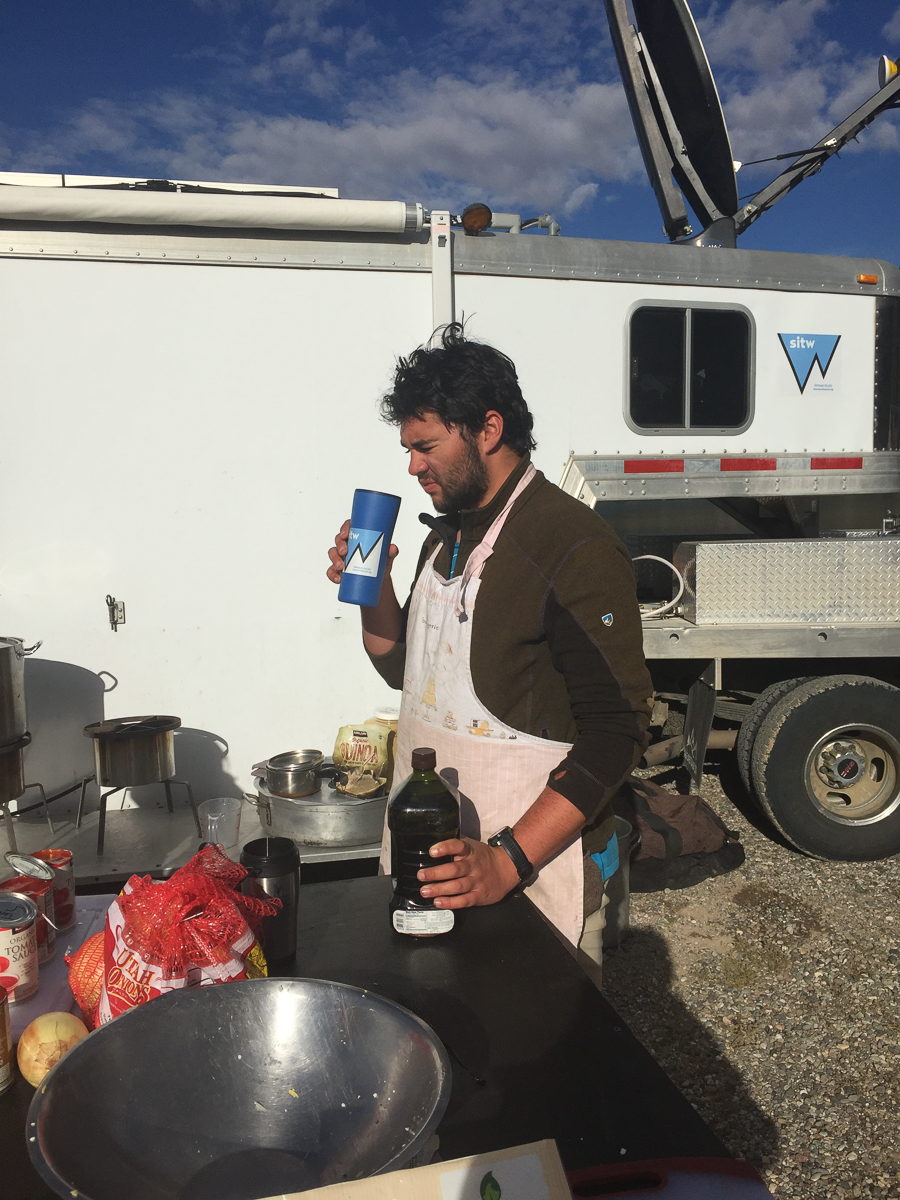
Morning cook crew can be difficult
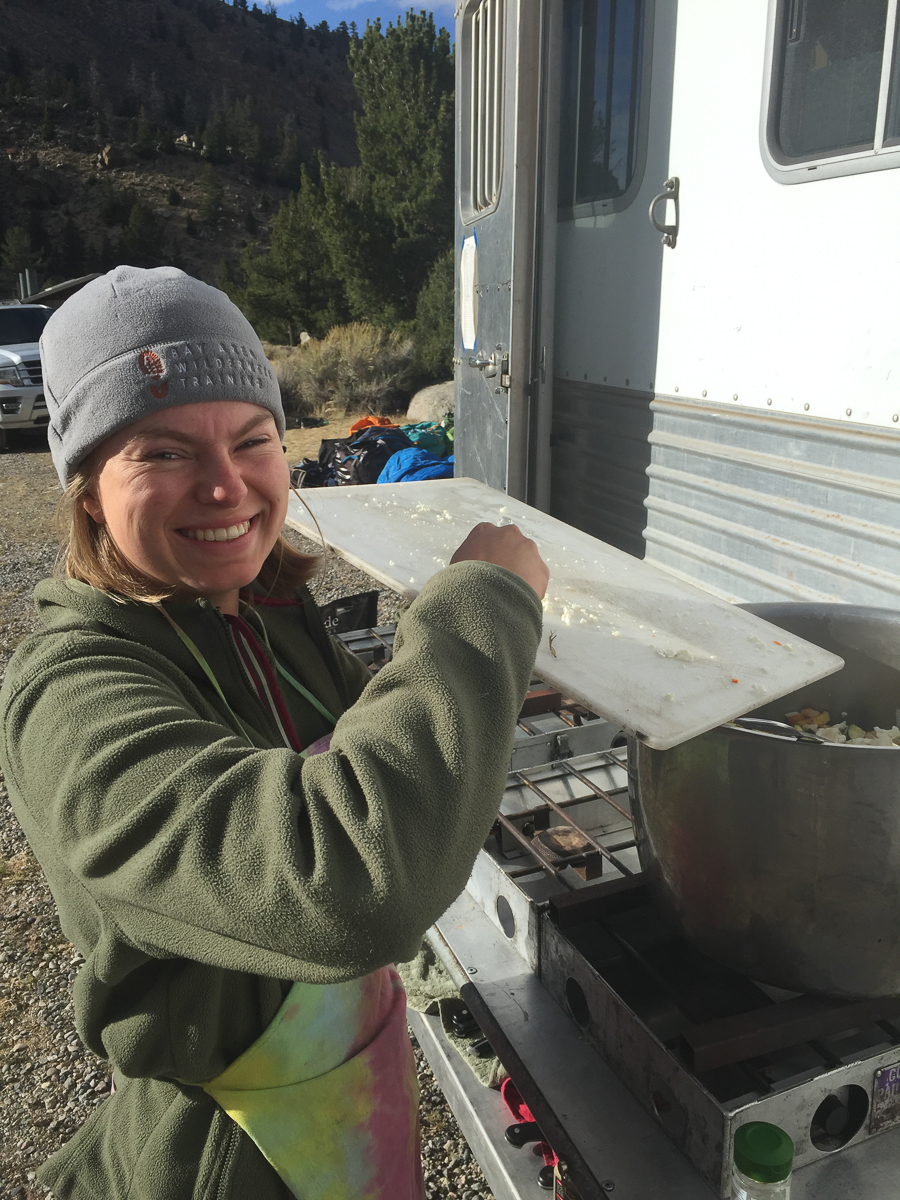
Or it can be fun!
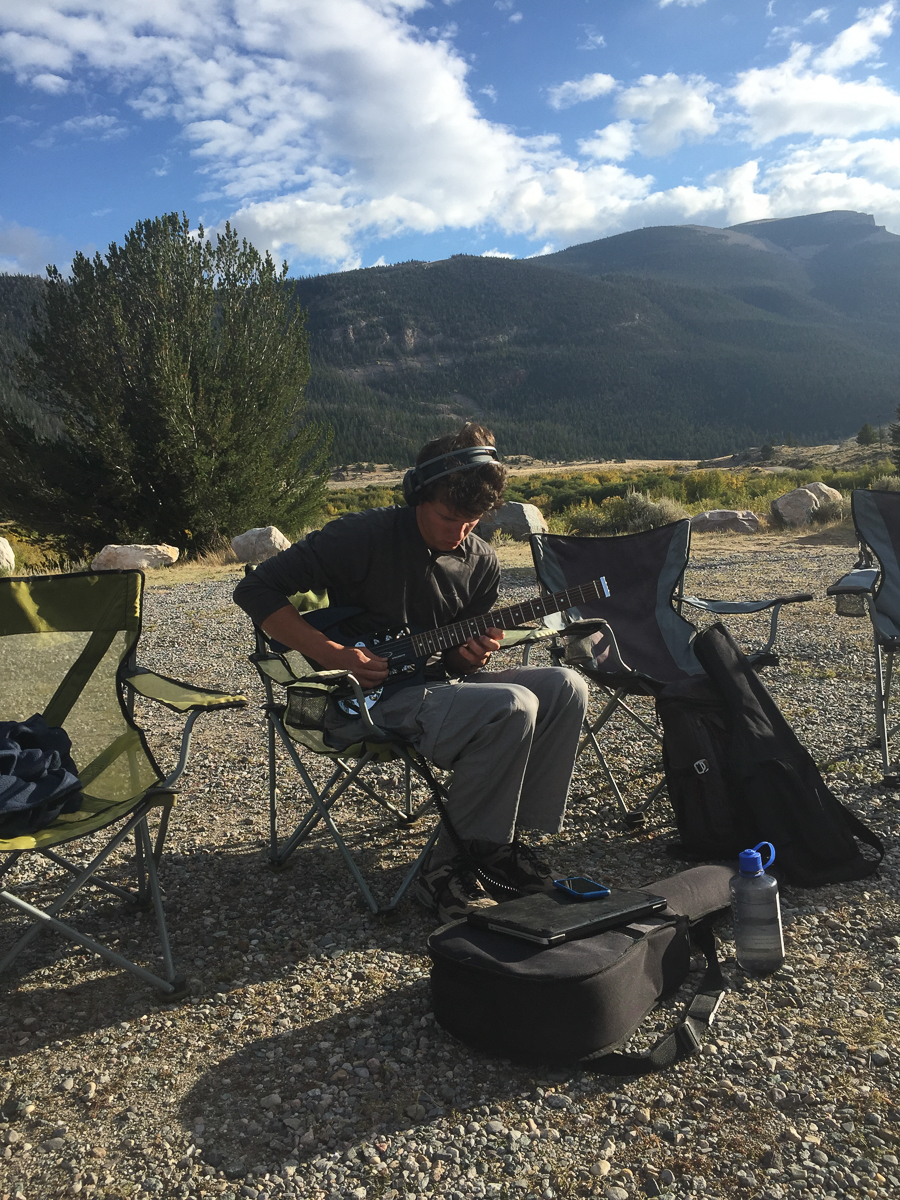
Hunter jams on the electric guitar outside Dubois, WY
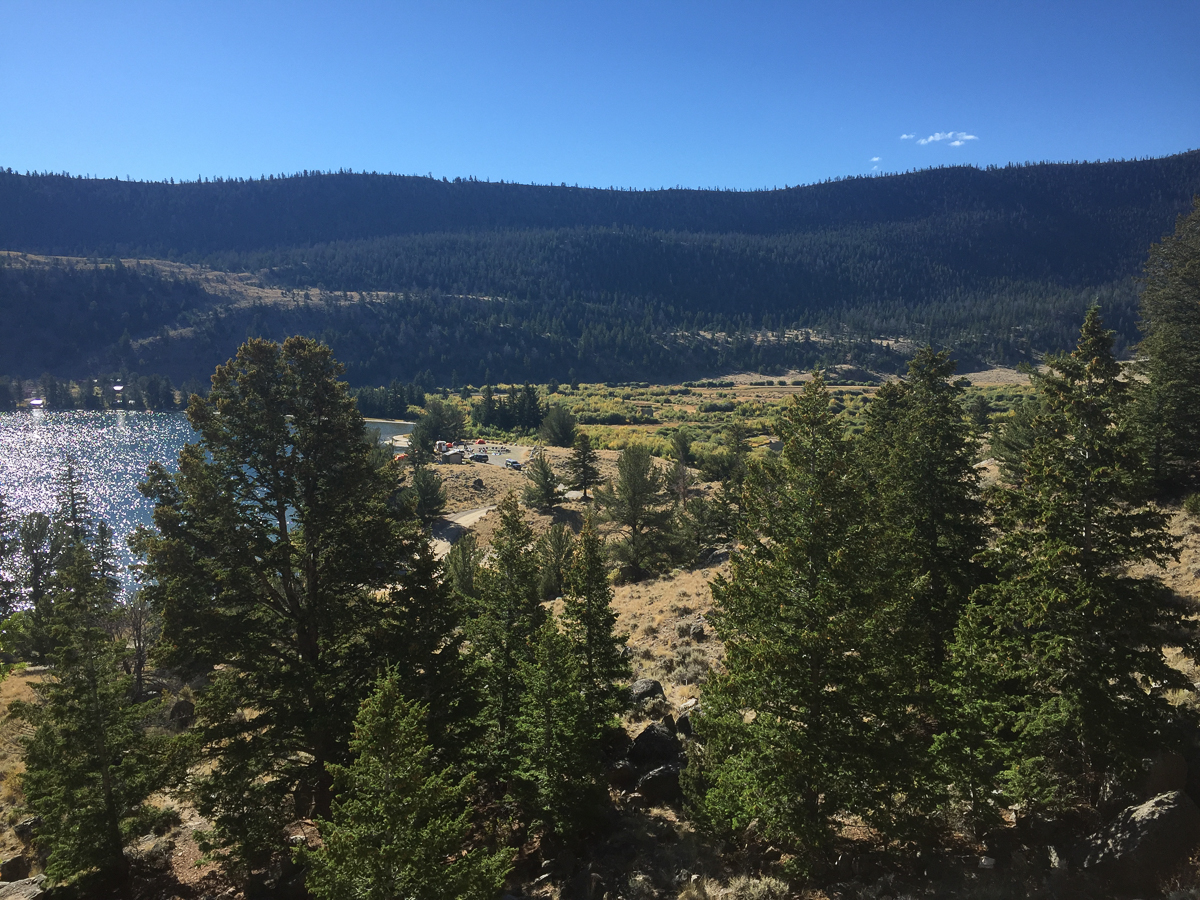
Camp in the distance
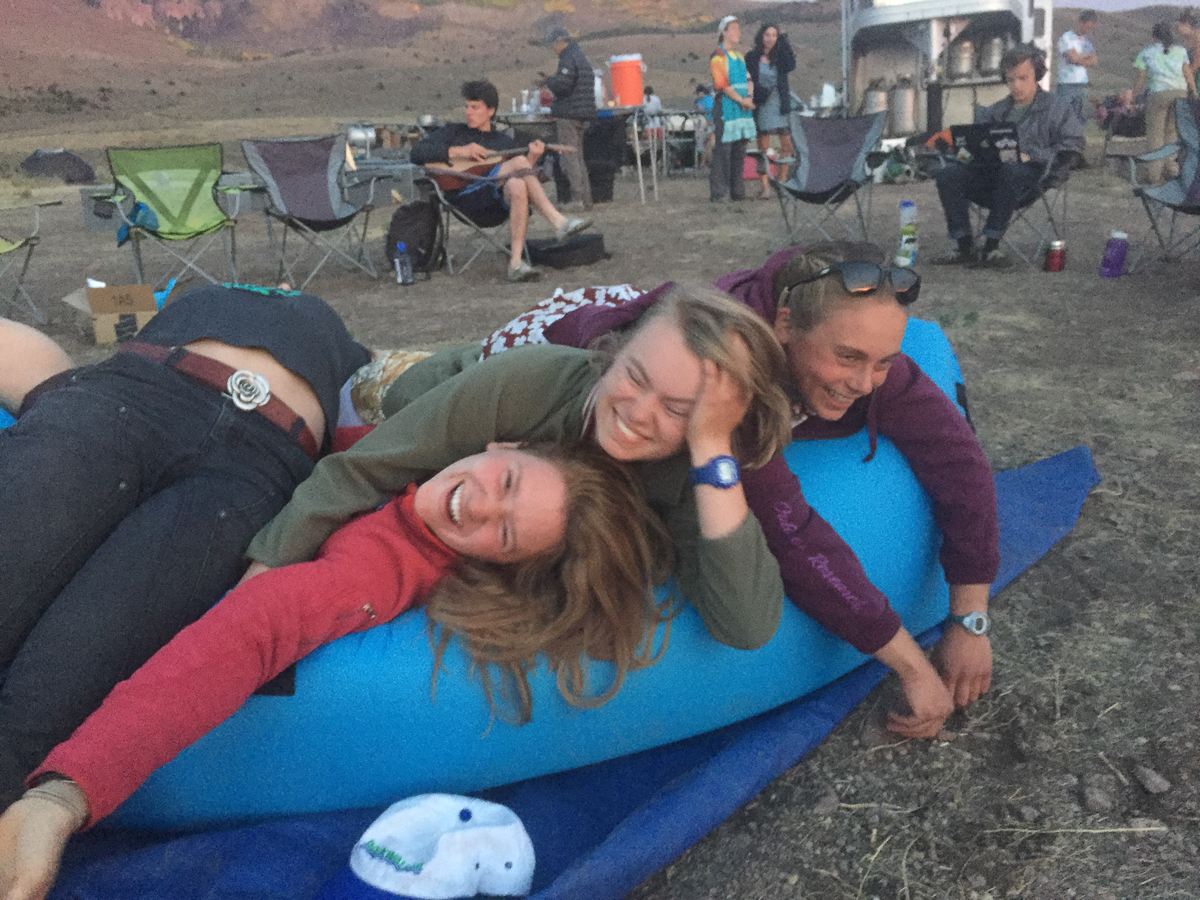
Inflatable furniture is a big hit on SITW
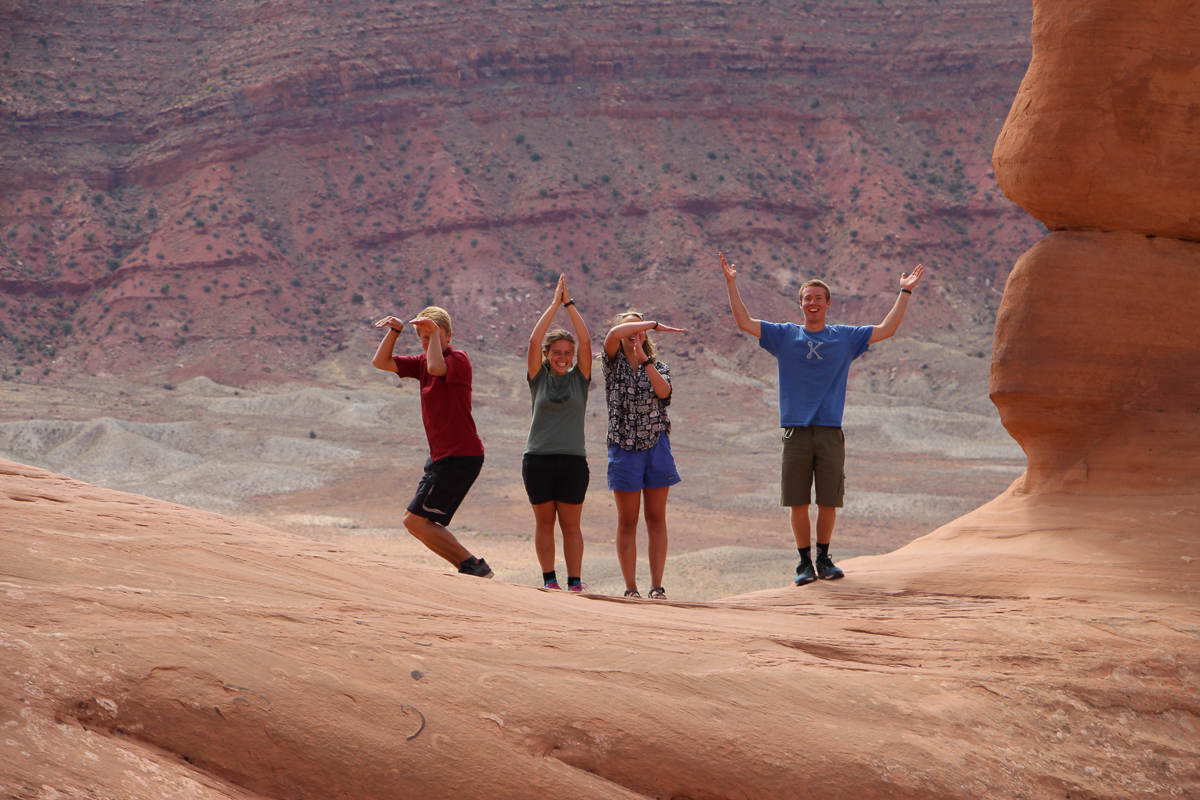
"SITW" at Delicate Arch
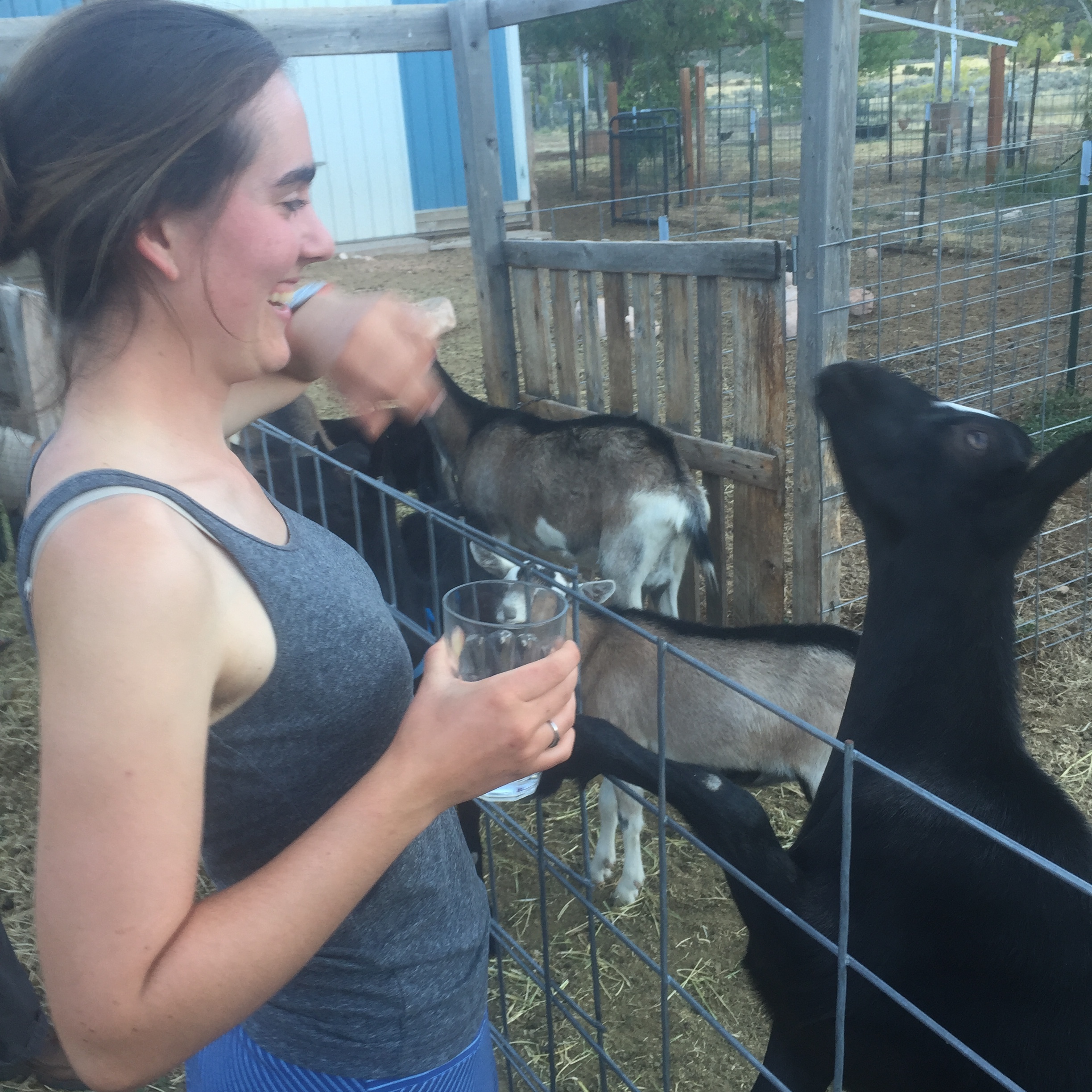
Sarah meets the goats of Castle Valley Creamery
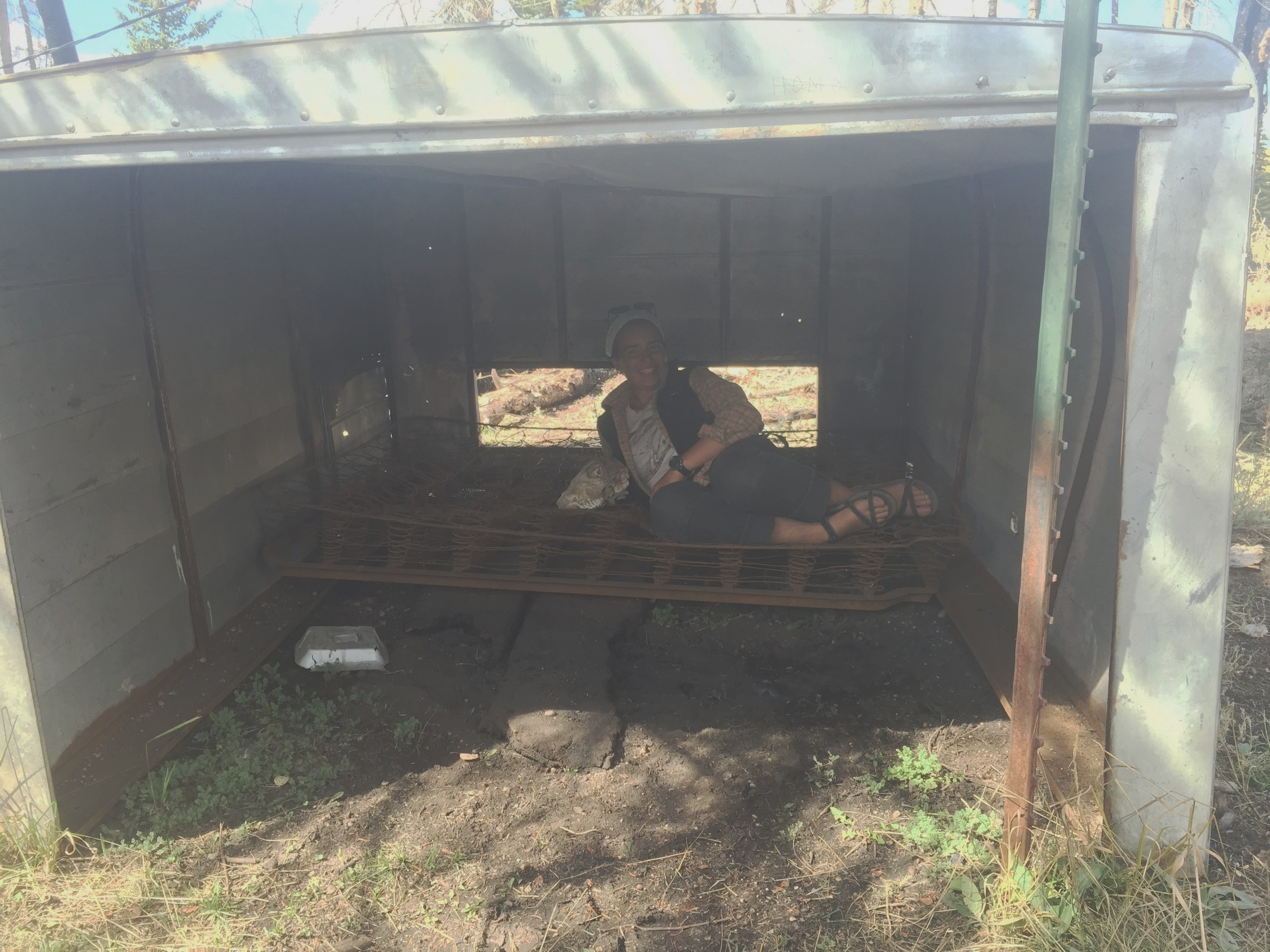
Kenzie relaxes at a makeshift shelter on Gentry Mountain
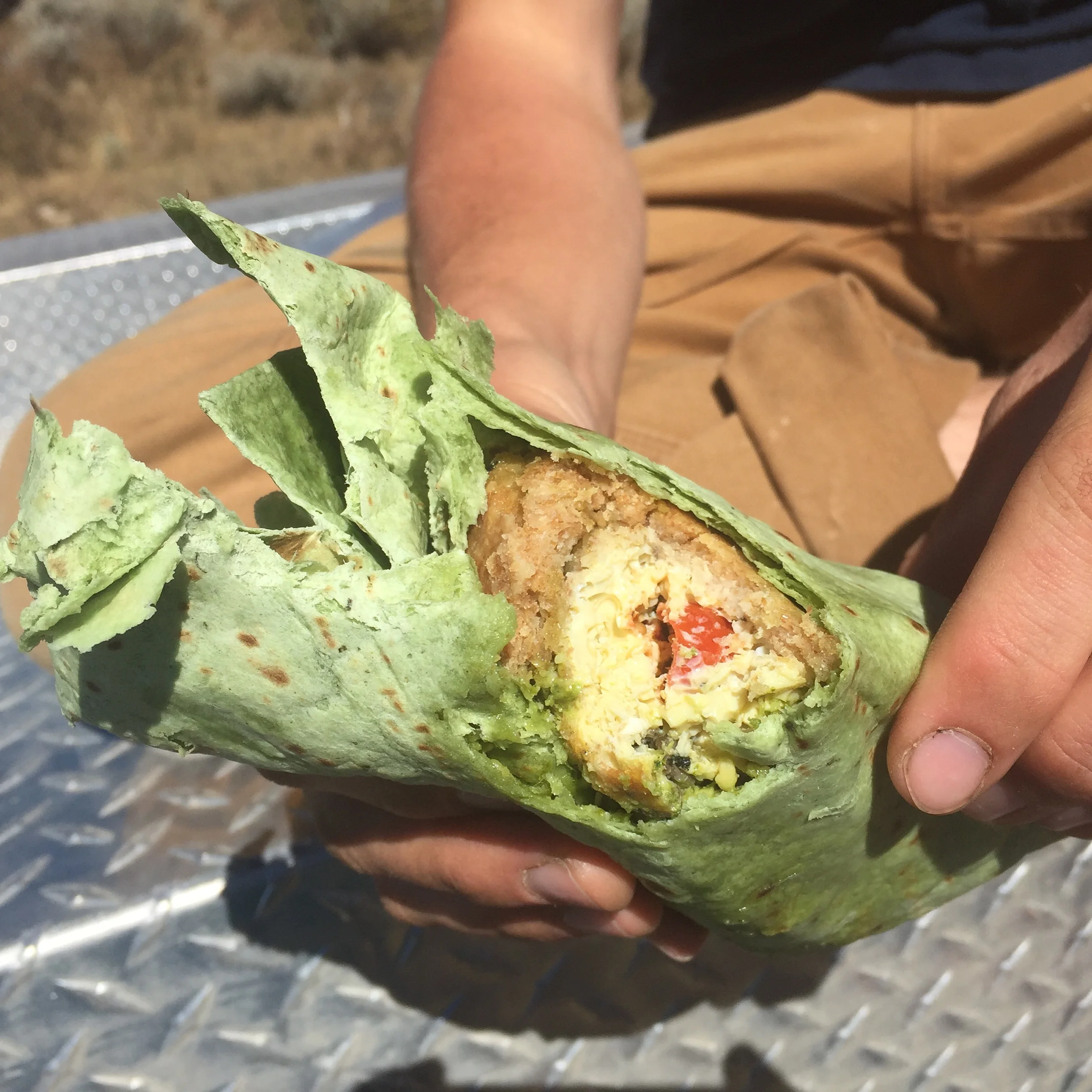
Lunch of the Day: Quiche Wrap
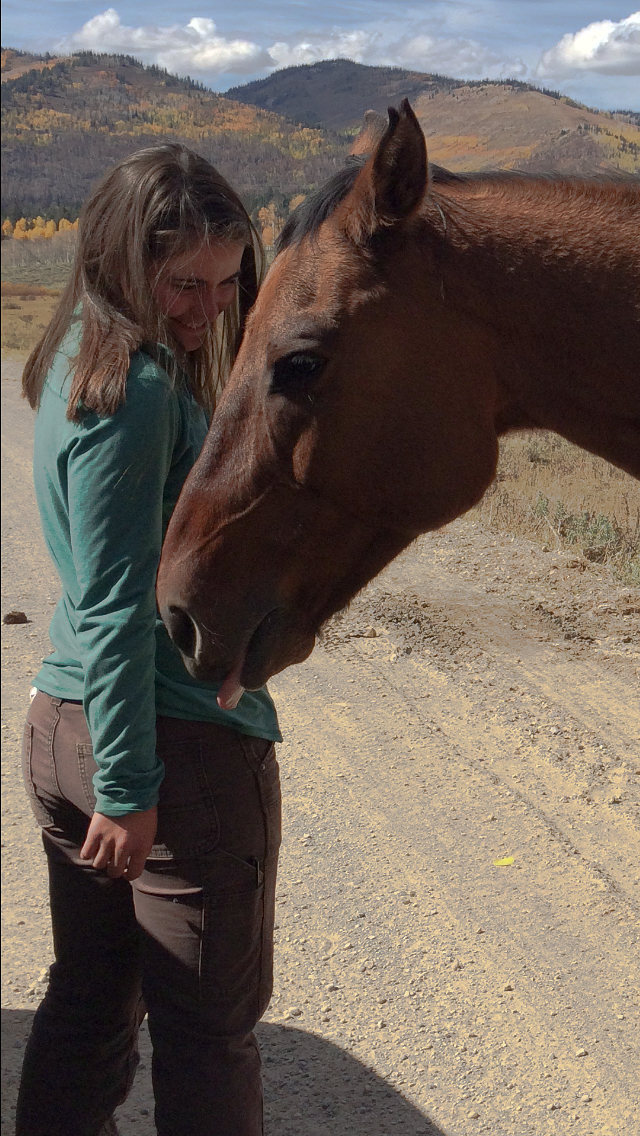
Hannah horsing around
Photo credit: Elizabeth Greenfield
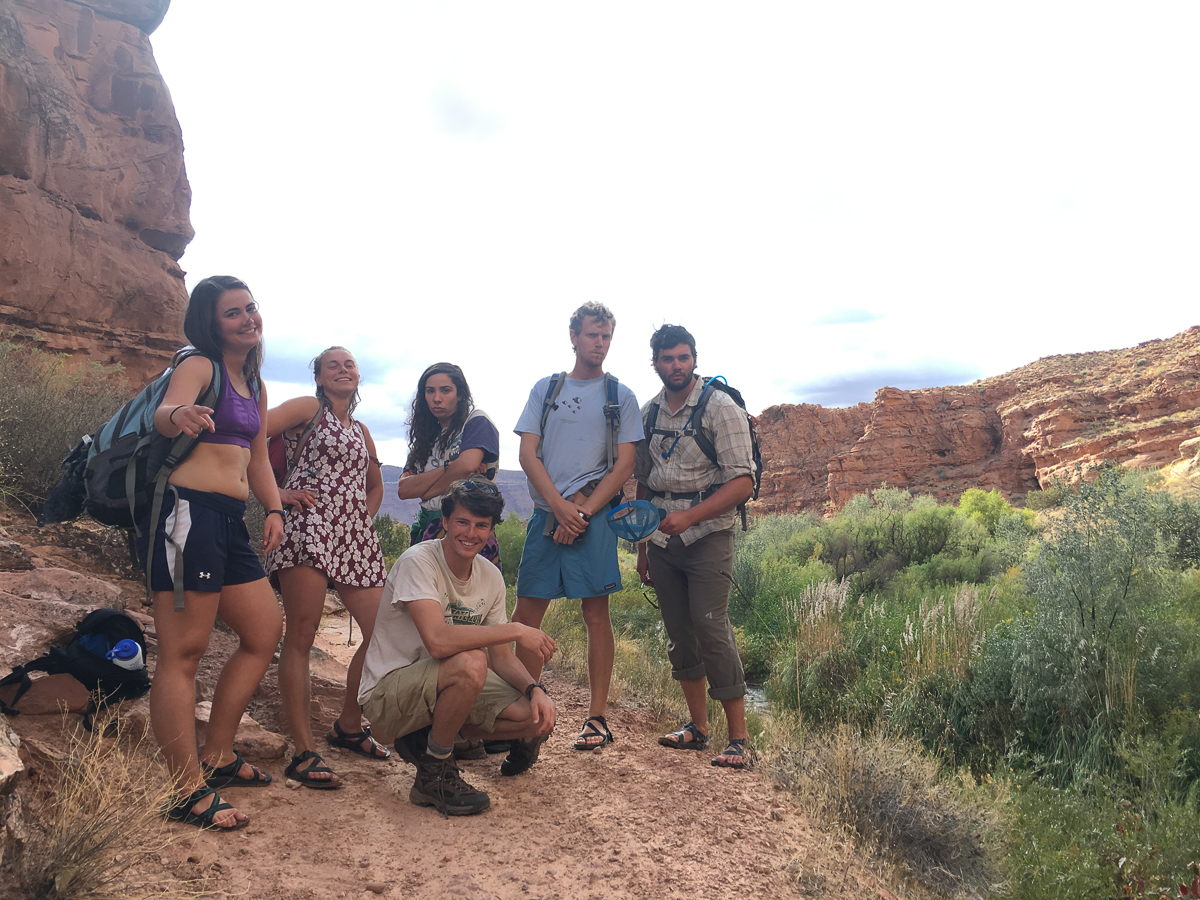
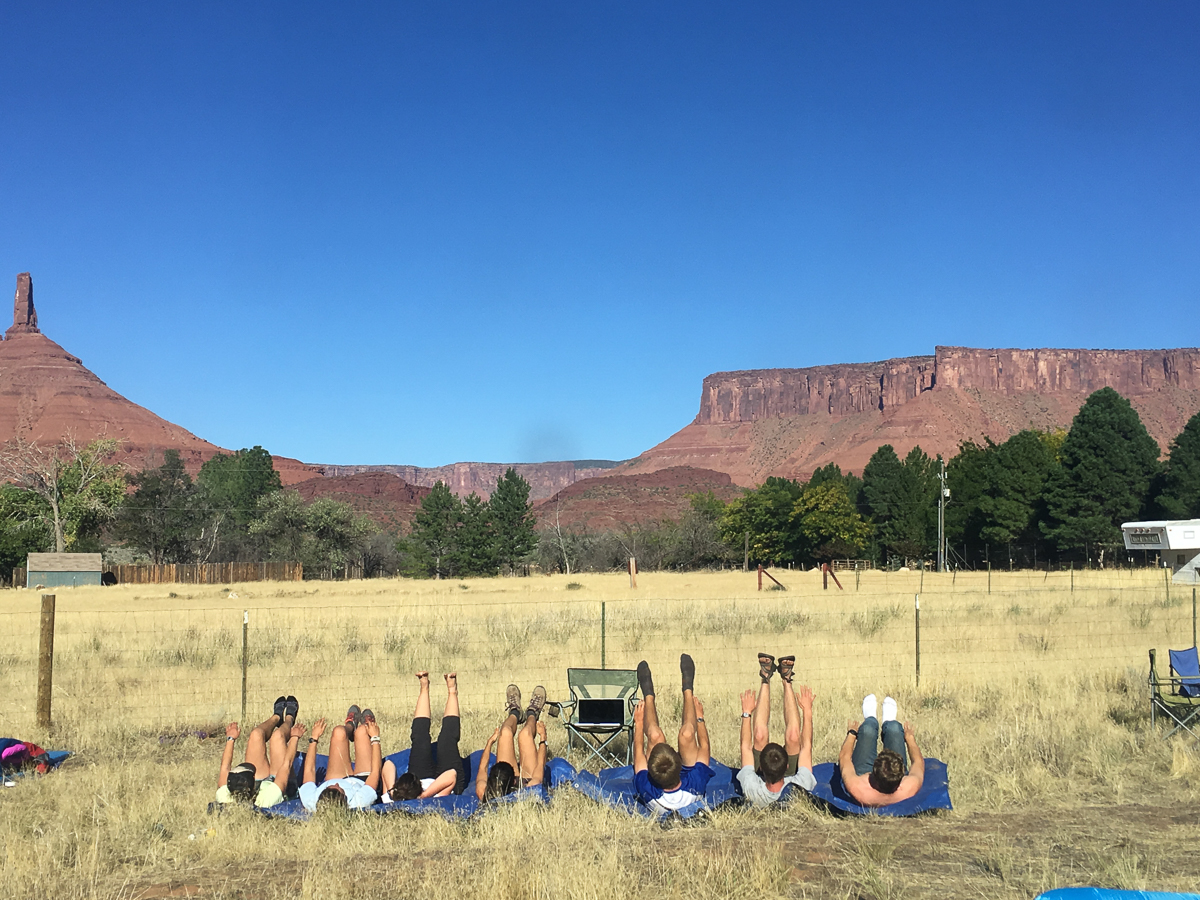
Working out in Castle Valley
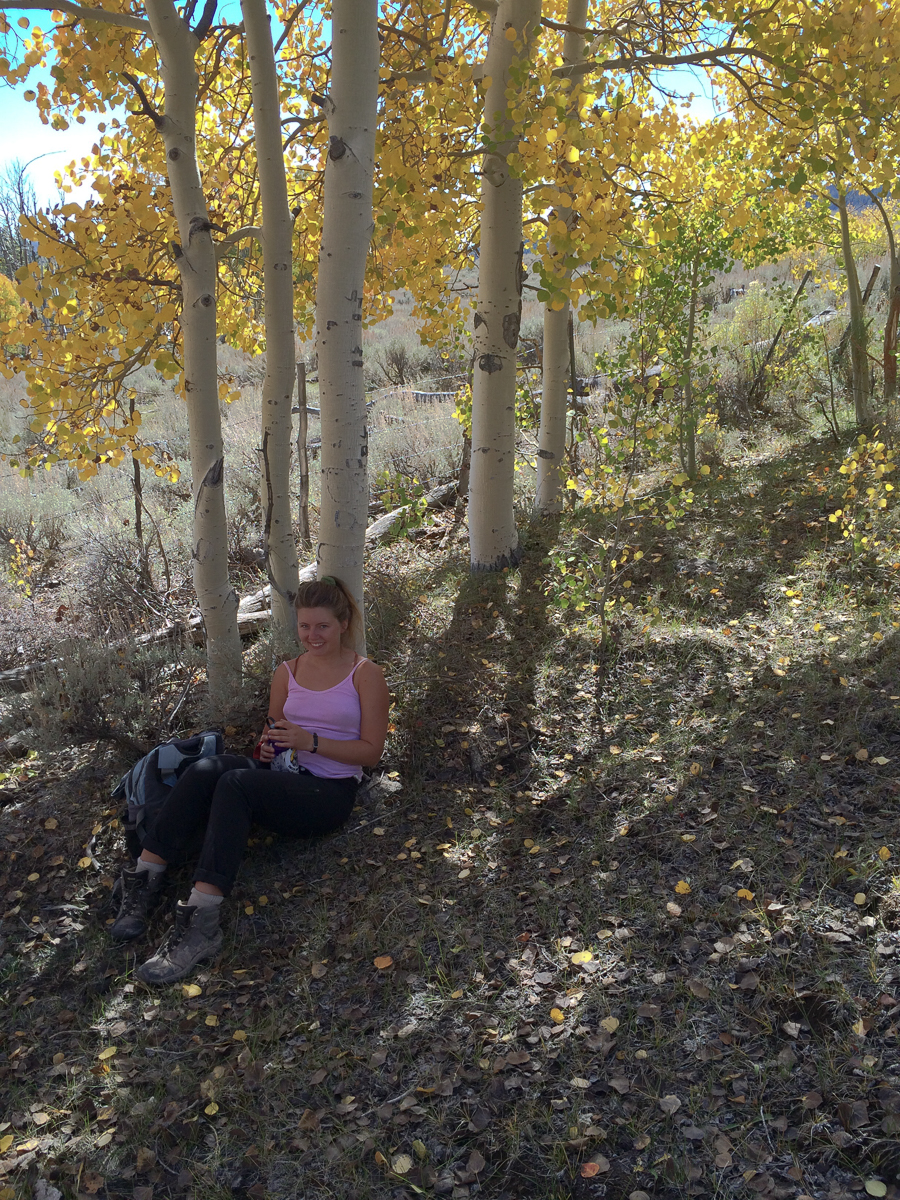
Sophie taking a break on Monroe Mountain
Photo credit: Elizabeth Greenfield





